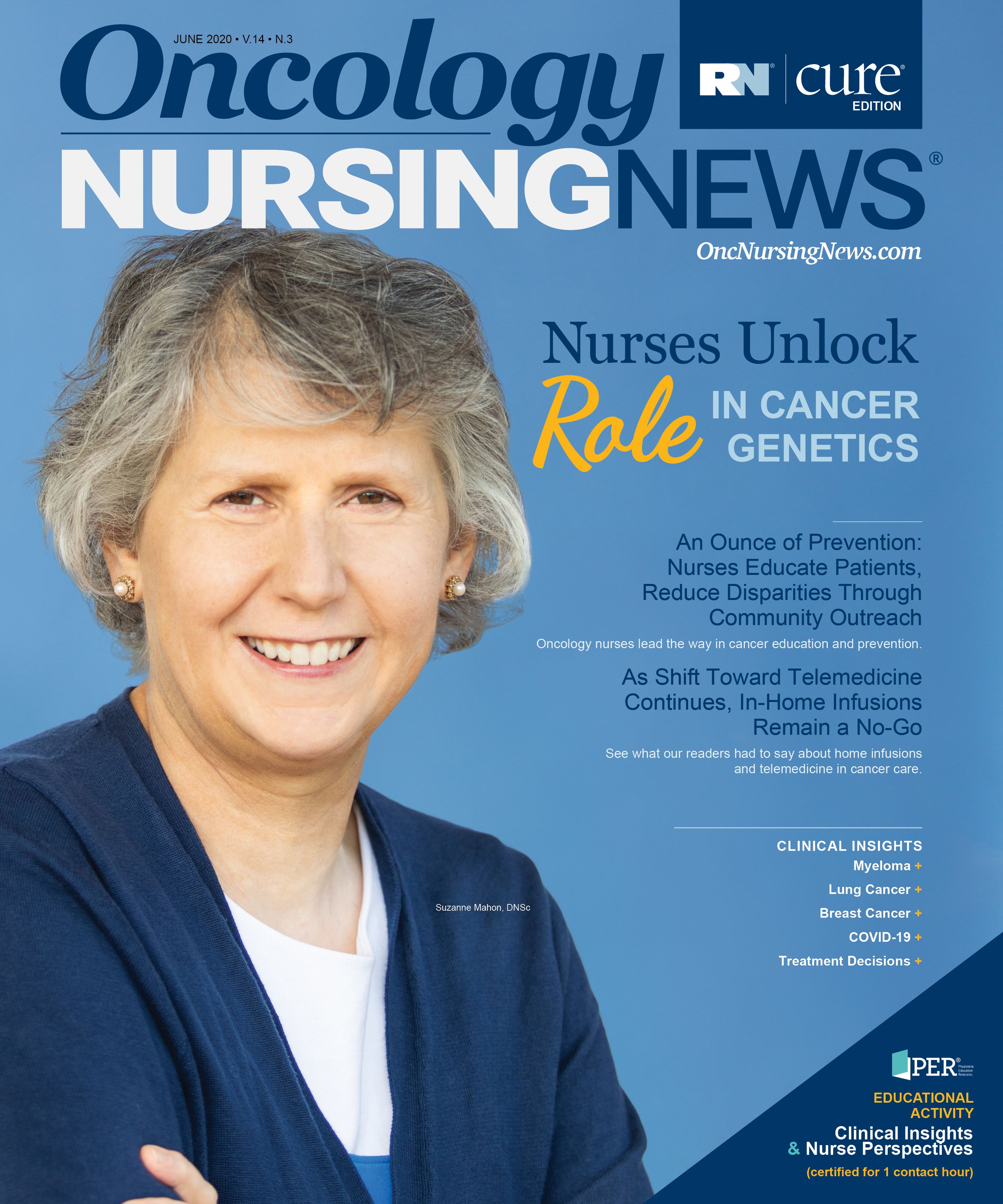Use Evidence-Based Practices to Lead Conversations on Sexual Health Issues
Due to a lack of time or feeling uncomfortable, many clinicians don’t discuss the sexual issues that cancer survivors face. But leaning on evidenced-based practices may help bridge the conversation.
Discussing sexual health with cancer survivors does not mean a health care provider must open a “Pandora’s box or [face] concerns that they are absolutely unprepared to deal with,” said Don S. Dizon, MD, FACP, FASCO, head of Women’s Cancers at the Lifespan Cancer Institute, Providence; director of medical oncology at Rhode Island Hospital; and associate professor of medicine at The Warren Alpert Medical School of Brown University, Rhode Island.
“One of the things that I’ve developed throughout my time in oncology, and it’s been a really interesting trajectory, is a recognition that sexual health is something that most clinicians don’t talk about with their patients,” said Dizon, who is also clinical director of Gynecologic Medical Oncology at Rhode Island Hospital. “And most patients never feel like they have an opportunity to bring it up.”
A common issue that many female breast cancer survivors face is lack of desire for sexual intimacy, which, he explained, is usually the result of pain during sex. When women were given a topical lidocaine solution to apply to the vaginal opening, pain was almost instantly mitigated, according to Dizon. However, nurses and doctors cannot always rely on their patients to bring up these concerns, especially during short patient visits. “One of the biggest myths that folks like me believe is that if it’s something important to my patient, [they’ll] bring it up,” Dizon said. “That doesn’t happen. Unless we create a little crack in the door, patients aren’t going to bust that door down.”
Clinicians may be apprehensive about bringing up sexual concerns due to their own comfort levels and “sexual schema,” which Dizon described as “the concept of who you are sexually.” This schema is based on prior experiences, including how someone was raised, their religious upbringing, and more. Sexual schema can change as a person grows and establishes their own relationships, family, careers, and social circles. Knowing that there are evidence-based treatments for sexual issues may help clinicians feel more comfortable in bringing up the topic.
“This community [of oncology providers] needs to understand that there are ways to address those issues that are backed by data,” Dizon said. “We have evidence-based interventions that we can offer patients today. There is a way to address these concerns and bring it up in a way that respects who you are as a [clinician] and as a person in a very comfortable way, but also point[s] people toward directions where they can actually access information or services.”

Nursing Perspectives on Managing Toxicities With ADCs in Metastatic Gastric and Breast Cancers
September 1st 2022In this episode of "The Vitals," Sarah Donahue, MPH, NP, AOCNP; Jamie Carroll, APRN, CNP, MSN; Theresa Wicklin Gillespie, PhD, MA, RN, FAAN; and Elizabeth Prechtel-Dunphy, DNP, RN, ANP-BC, AOCN, exchange clinical pearls for treating patients receiving antibody-drug conjugates.
Innovative Program Reduces Nurse Turnover and Fosters Development
Published: September 12th 2024 | Updated: September 12th 2024The US Oncology Network (The Network) has developed one of the most comprehensive programs in the nation to support the professional development and retention of new oncology nurses.



